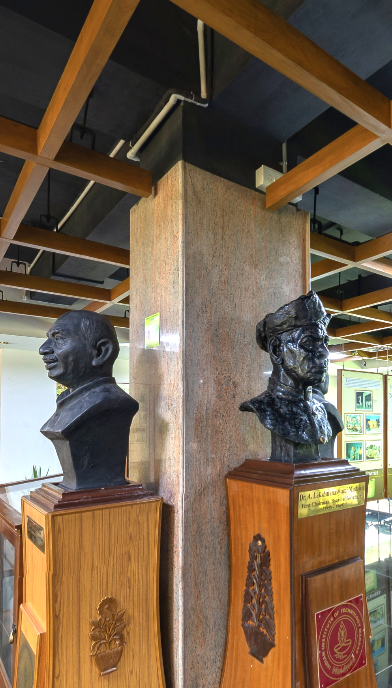Body
The prestigious IIT Madras Distinguished Alumnus Awards were instituted in 1996. They are awarded annually to alumni of the institute in recognition of their professional or individual achievements or for service they have rendered to the community. The awards are presented annually.
-
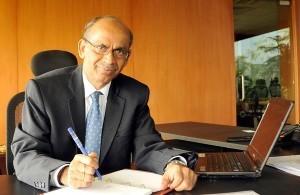
2010 Dr. P. Chellapandi
1983 | M.Tech |
-
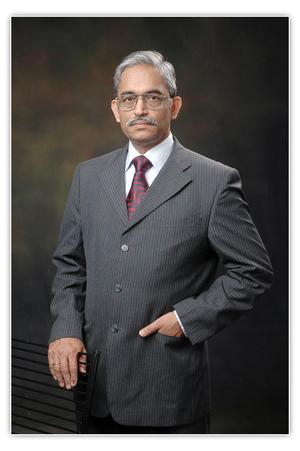
2010 Mr. R. Sri Kumar
1970 | B.Tech |
-
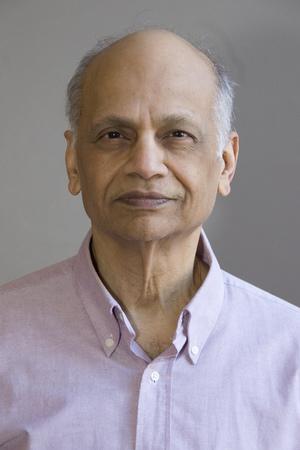
2010 Prof. Subbarayan Pasupathy
1966 | M.Tech |
-
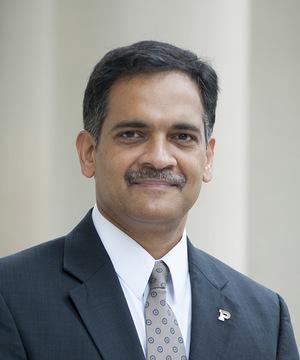
2010 Prof. Suresh V. Garimella
1985 | B.Tech |
-
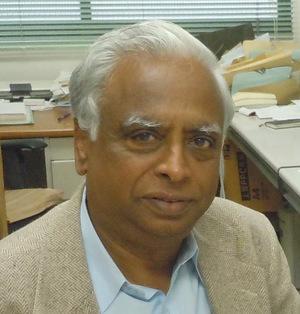
2010 Prof. V. Ramamurthy
1968 | MSc |
-
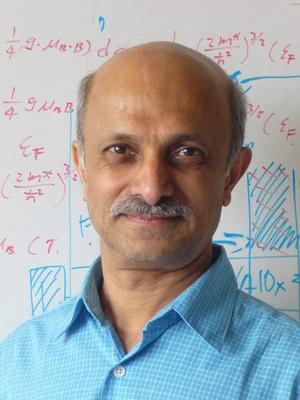
2009 Dr. Jagadeesh S. Moodera
1978 | PhD |
-
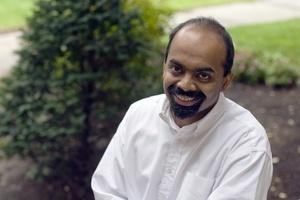
2009 Dr. P. L. Mahadevan
1986 | B.Tech |
-
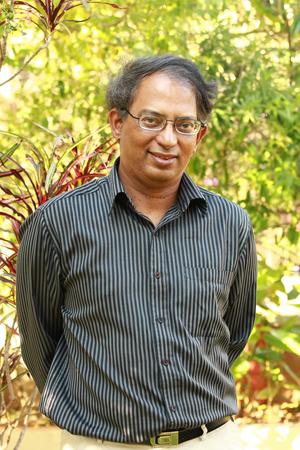
2009 Dr. Shrikumar Suryanarayan
1982 | B.Tech |
-
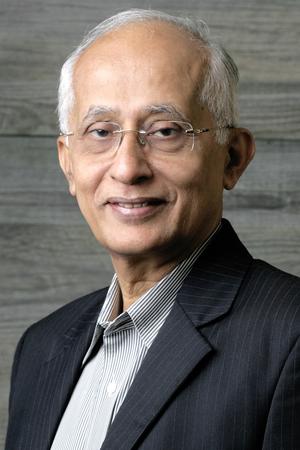
2009 Mr. D. Chandrasekhar
1970 | B.Tech |
- Contribute
to the Centre -
Monetary
Support - Digital
Material

